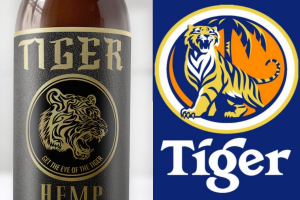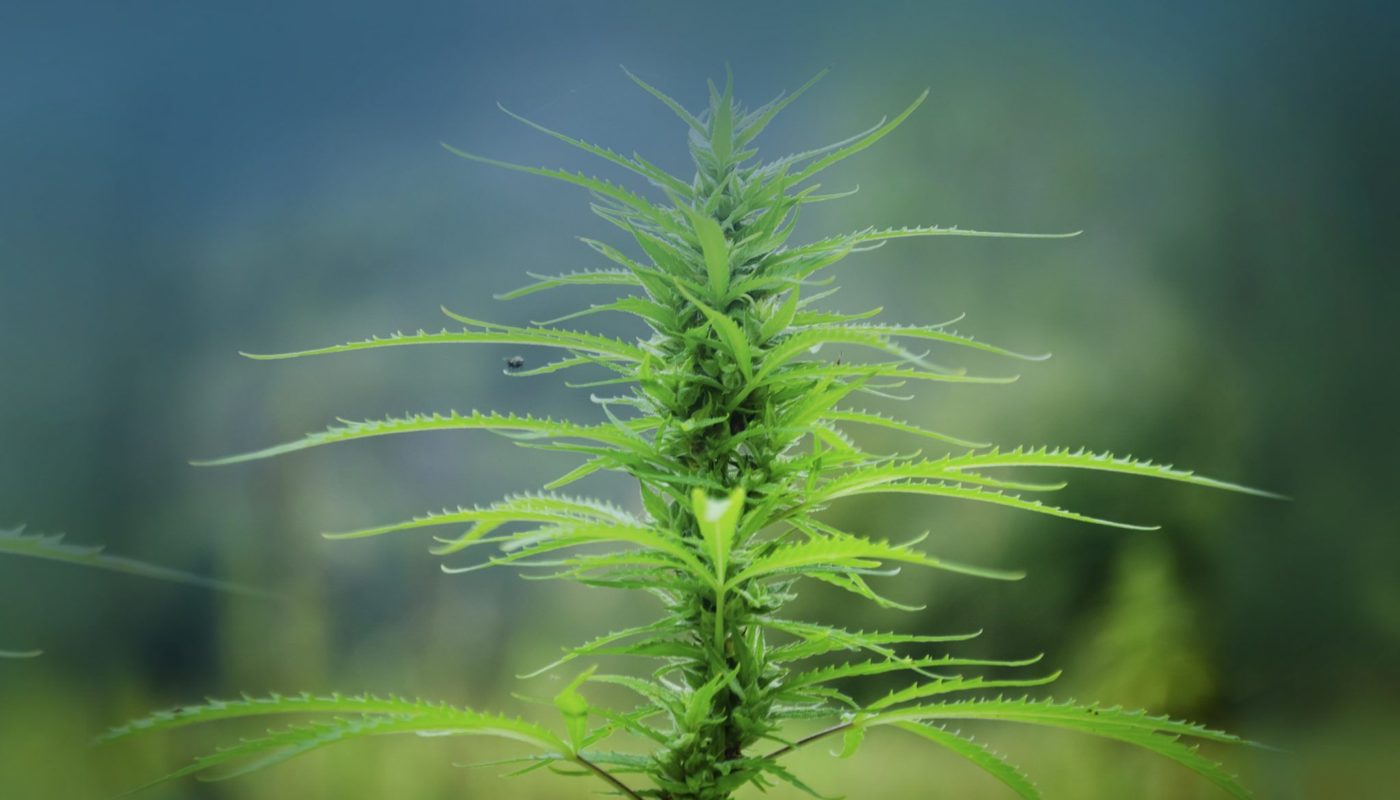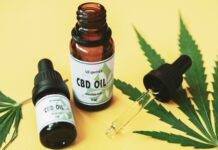
Tiger Hemp Beer is facing a trademark challenge over similarities to Heineken’s Tiger Beer.
Hemp is a booming new industry, but some of the obstacles facing entrepreneurs are decidedly old.
That’s the case for a startup hemp beer seeking trademark protection for its new brand, which is running headfirst into a global alcohol giant: Heineken.
The dispute centers on a Pennsylvania company’s plans to release a hemp-infused beer, Tiger Hemp Beer, in China to sidestep U.S. limits on adding cannabis to alcoholic beverages.
Hemp Beer announced the product’s launch in March to coincide with China’s Lantern Festival, which marks the final day of traditional Chinese New Year celebrations.
But the celebration didn’t last long.
The company applied for a trademark in the United States for its slogan, “Get The Eye Of The Tiger,” which was met with swift opposition from Heineken Asia Pacific.
Heineken, which makes Tiger Beer, a lager distributed across Asia, told the U.S. Patent and Trademark Office that the Tiger Hemp Beer brand and logo would likely deceive and confuse consumers.
Hemp Beer has until Nov. 21 to reply to Heineken’s opposition.
Heineken is owned by Constellation Brands, which has invested heavily in the Canadian marijuana industry. A lawyer listed on the case declined to comment when contacted by Hemp Industry Daily.
Messages for Hemp Beer and its parent company, Net Savings Link, were not immediately returned.
Outside attorneys looking at the Heineken hemp dispute say there are three important lessons for other hemp brands from the dispute.
1. It’s not about hemp
Heineken is contesting a trademark application for a hemp-infused product. But the company makes no mention of hemp nor cannabis in its filing.
Instead, Heineken takes issue with the hemp beer’s name and logo, a black-and-gold tiger showing its teeth, similar to the Heineken-owned lager.
The dispute shows that cannabis companies aren’t always defending the plant, according to Rod Kight, a cannabis attorney in Asheville, North Carolina.
“This case is not so much about hemp as it is a primer on trademark law,” Kight wrote in an email to Hemp Industry Daily.
“Any company that is creating a brand, including words and images, should first do a thorough online check to see if similar words, phrases and images appear on any other products.”
2. Spend money now to save money later
Kight and another cannabis lawyer, Rod Berman of Los Angeles, say the Heineken case underscores the importance of a new company researching the market before introducing a new product.
Patent and trademark law is tricky, especially in the cannabis space. Companies are routinely trying to cobble together state-level trademarks to protect a brand because federal protection is still troublesome to obtain.
But Berman, who specializes in intellectual property law, says a thorough trademark search is a wise investment before spending money on branding, packaging and advertising a new product.
“If this is a main brand that you’re launching, spend the money to apply for (a trademark) appropriately,” Berman said. “You can do this right for a few thousand bucks. It’s not as expensive as undoing it all later.”
3. Lawyer up
A new brand needs to do more than check existing patents.
That’s because the courts have a list of benchmarks for deciding whether two brands are “confusingly similar,” points out Alison Malsbury, an intellectual property lawyer who frequently writes about hemp legislation for the Canna Law Blog.
Those elements include:
- Evidence of actual confusion.
- Marketing channels used.
- Likelihood the product line could be expanded.
It all adds up to the need for professional counsel before starting a brand.
“Even if you manage to avoid litigation over trademark infringement, you could still open yourself up to an opposition proceeding (like the Heineken case) months or years down the line, which can be expensive and time-intensive – and should be avoided at all costs,” she wrote on the blog.
Kristen Nichols can be reached at [email protected]











